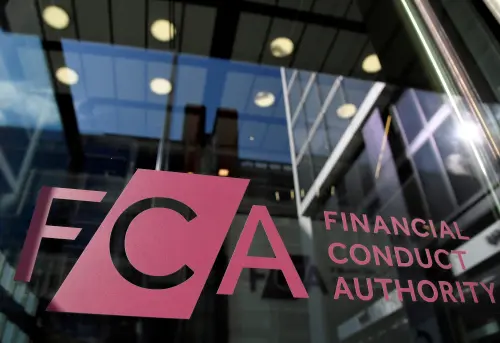Britain's Financial Conduct Authority announced on Wednesday that it would investigate potential conflicts of interest at firms managing private assets and their impact on investors. As money managers increasingly engage in activities in private markets, the shift in investor preference from actively managed stocks is evident.
Private market investments, which encompass infrastructure and credit-focused funds, differ from publicly-traded assets like shares by being less liquid and having less transparent price movements, thereby heightening risks for investors and complicating fund access.
Addressing overlapping business lines within firms, the FCA emphasized the importance of firms implementing conflict-of-interest frameworks through governance bodies to safeguard investor interests. The regulatory body expects firms in private markets to continually enhance their procedures for detecting, managing, and mitigating conflicts of interest.
Additionally, the FCA's executive director of consumers, competition, and international, Sarah Pritchard, highlighted in a speech the importance of effectively managing leverage in the non-banking sector, acknowledging its role in maintaining market functionality while stressing the necessity for cautious management to prevent vulnerabilities that could amplify instability in times of shock.
